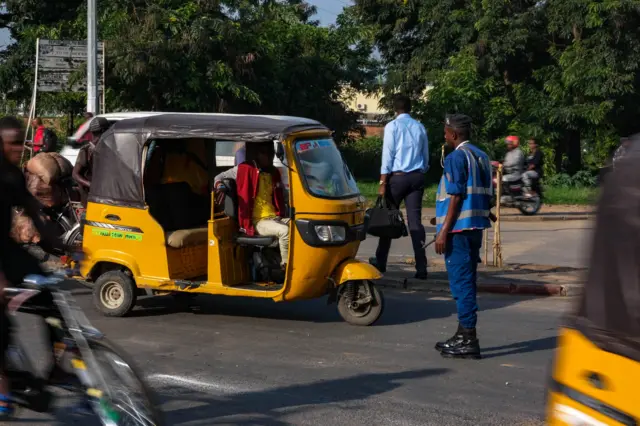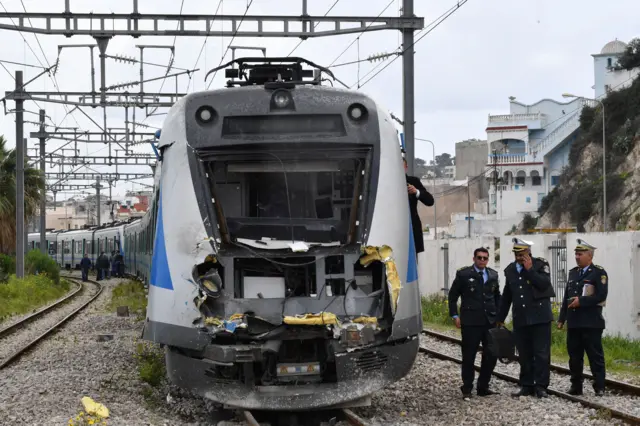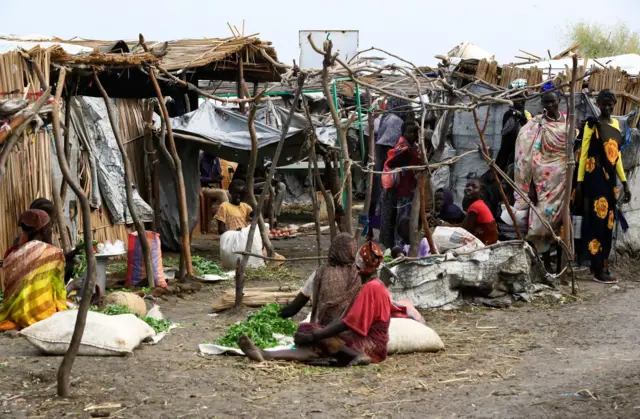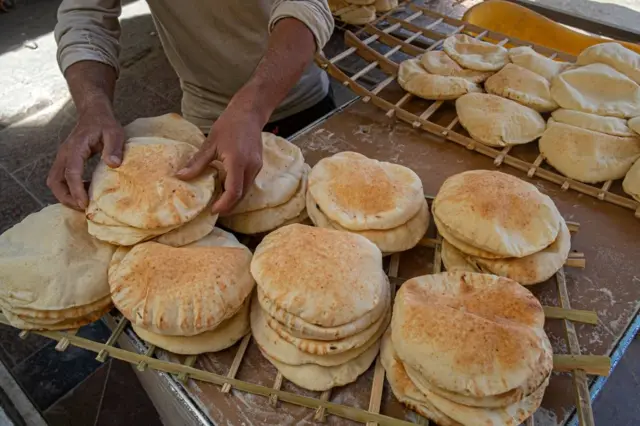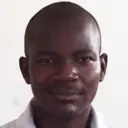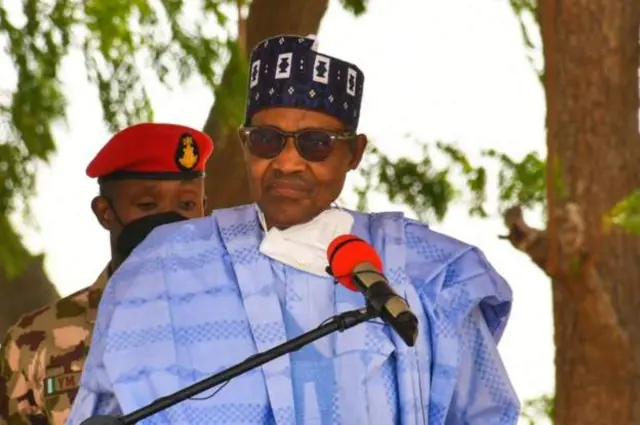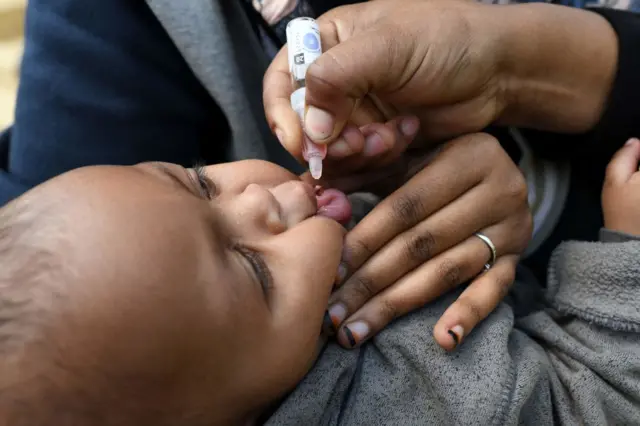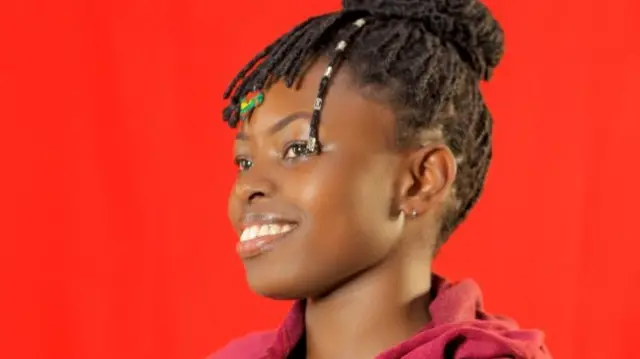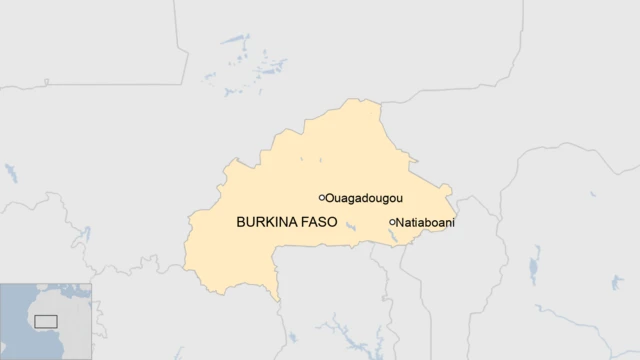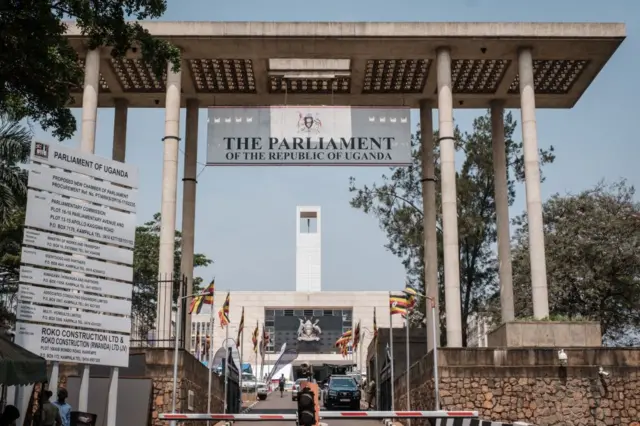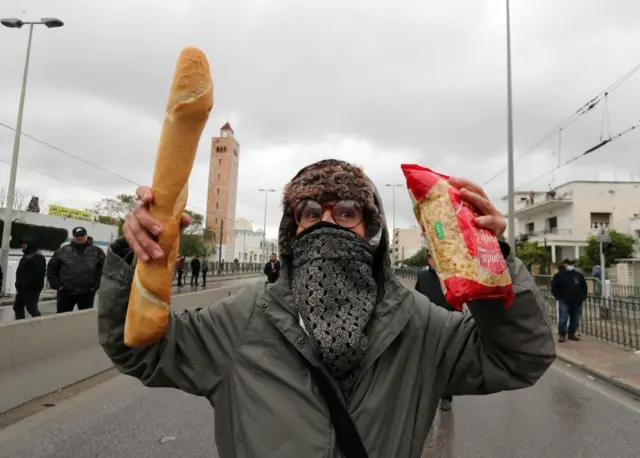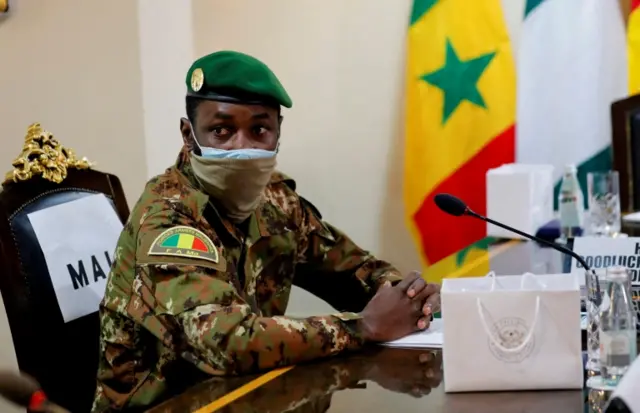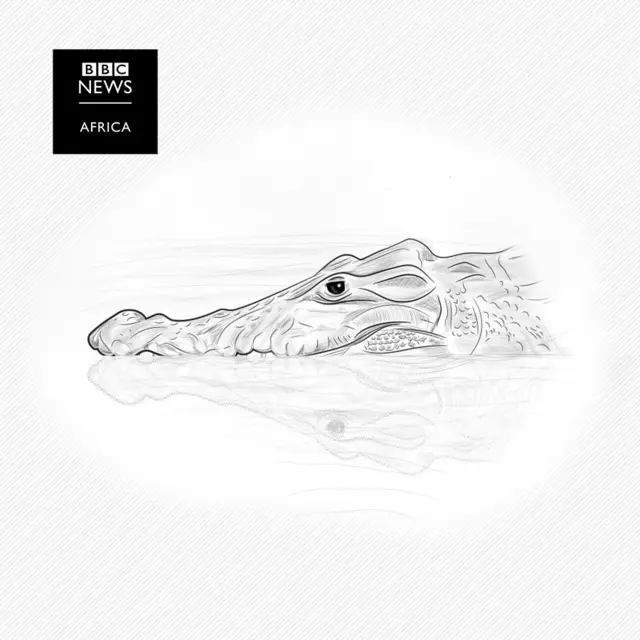US sanctions Sudanese riot police for rights abusespublished at 16:02 GMT 21 March 2022
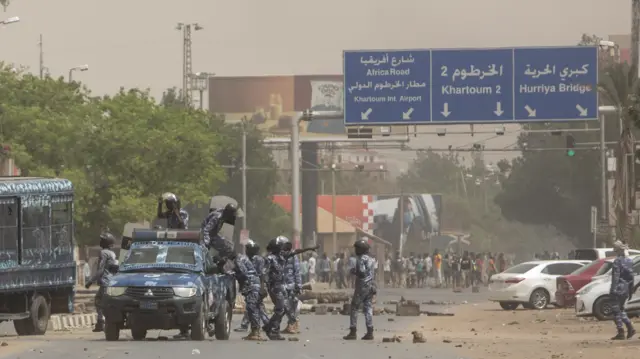 Image source, Getty Images
Image source, Getty ImagesThe US Treasury said the force was at the forefront of the crackdown against civilians
Sudan's Central Reserve Police has been sanctioned by the United States for using "excessive force" against anti-military demonstrators.
The US Treasury said the force was at the "forefront" of the crackdown against the protest movement that swept the country since the October coup last year.
More than 80 people were killed in protests in the capital Khartoum alone, and over 3,000 were injured in the five months of protests.
"We condemn Sudan's security services for killing, harassing, and intimidating Sudanese citizens," the US Treasury's statement said.
This is the first time the US has sanctioned a Sudanese force since the October coup.
The sanctions include an assets freeze although it is not clear if the force has any assets in the US.
"Today's sanctions send an important message that those responsible for the killing and injuring of peaceful protesters in Sudan will be held to account," Charlie Loudon an international legal adviser at the rights group REDRESS told the BBC.
Read more: Sudan protesters ready to die for freedom

